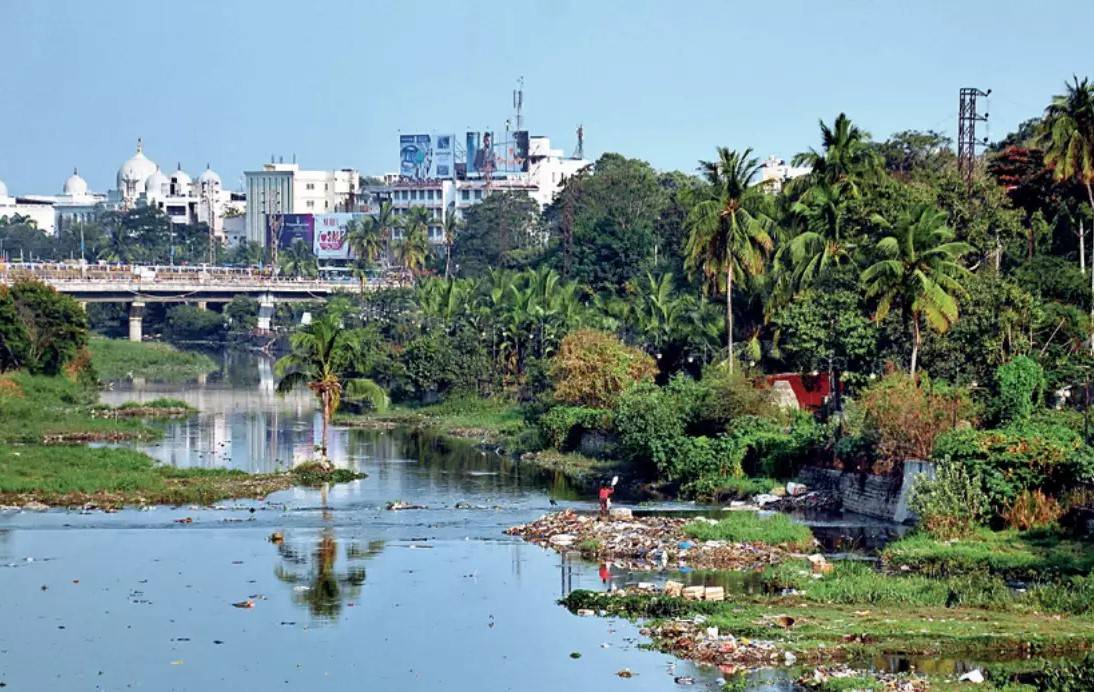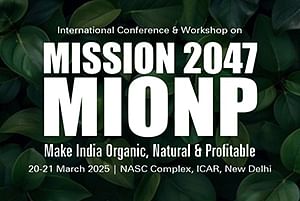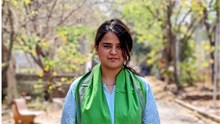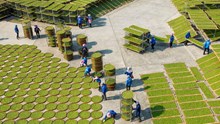
The researchers examined soil, water, and crop samples for heavy metals as well as physical and biological factors. Aside from the low to moderate cancer risk associated with heavy metal exposure, researchers discovered that lead, biological contamination, and groundwater salinity were all growing year after year.
The initiative, carried out over four years by experts from the city's National Geophysical Research Institute (NGRI) and Jawaharlal Nehru Technological University (JNTU), encompassed 100 acres where Musi wastewater was used for irrigation. Municipal sewage that has been partially cleaned is combined with industrial wastewater in the river.
According to the study, elevated lead levels may be caused by the dumping of spent electric batteries into soil and water bodies, and another source of lead pollution may be automotive exhaust.
The study, titled "Impact of urban wastewater reuse for irrigation on hydro-agro-ecological systems and human health risks: A case study from the Musi river basin in South India," was published in the journal HydroResearch. "Once a carcinogenic component enters the food chain, it is difficult to remove and has a devastating carcinogenic effect on humans."
Except for lead, the results of water, soil, and crop tests taken at a small section of the Musi River showed that heavy metals and significant ions are within the allowable limits for wastewater reuse. The salt concentration of soils and water is rising, which has an influence on agriculture. According to the study, "human health risk assessment based on heavy metals revealed lower to moderate health risks." For four years, the hazard index and total cancer risk from various waters were examined for different age groups - newborn, children, teen, male, and female.
The study considered both drinking water consumption and cutaneous adsorption. The carcinogenic values of infants, adolescents, and teenagers were found to be between the overall cancer risk limit of moderate risk, and they are strongly reactive to it. Shivarajappa and S Ahmed of JNTU-H, L Surinaidu and MJ Nandan of NGRI, Mohd Hussain of Gokaraju Rangaraju Engineering College, and Pankaj Kumar Gupta of the University of Waterloo conducted the research.

















